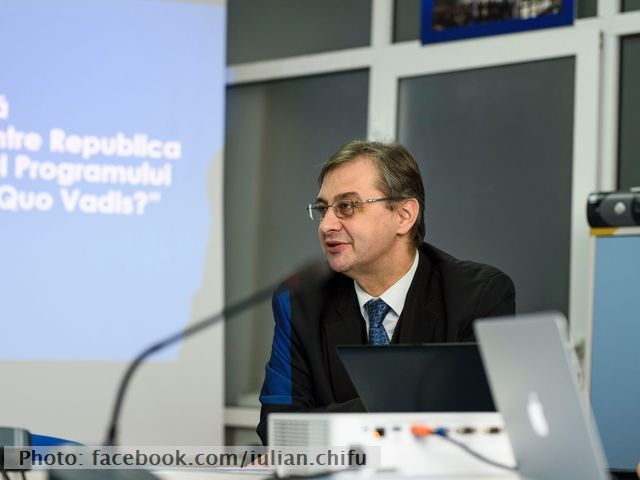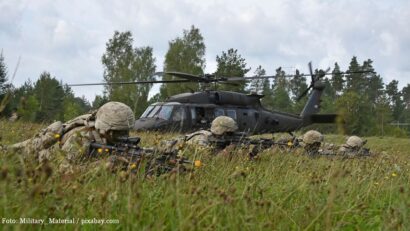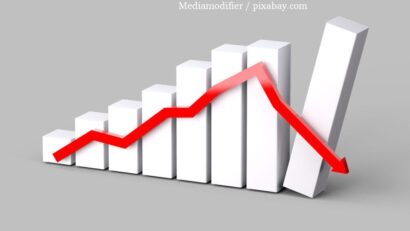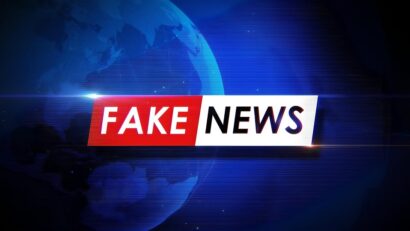The Reconfiguration of Security in the 21st Century
The Kremlin claims that the stakes of the military campaign in Ukraine is the existence of Russia as a state itself

Corina Cristea, 07.07.2023, 14:00
More than a year since Moscow started its so-called special operation, the leader in the Kremlin claims that the stakes of the military campaign in Ukraine is the existence of Russia as a state itself. Speaking to workers in a factory manufacturing helicopters for the Russian armed forces, Vladimir Putin repeated arguments that the West aims at breaking down Russia. Accusing the West of using Ukraine for waging war against Russia, he said that theirs is not a geopolitical mission, but a mission for survival, one for creating conditions for the future development of their country and their children. As for Ukraine, Putin insisted that Moscow has been trying for decades on end to maintain good relations with that country, but that everything changed in 2014, when, as he claimed, there was a coup d’etat instigated by the West. This would not be the first time, and presumably not the last time, when the rhetoric of the Russian leader seems plucked from a parallel reality. Vladimir Putin stood as an accuser, after perpetrating moves that were condemned by the West as a whole.
Speaking for Radio Romania, Professor Iulian Chifu said that the 21st century was characterized by a bipolar stability, lacking stability, after a generation, and that this instability, with its turbulence, and the reconfiguration of global security and international relations, will be felt for yet another generation. Chifu is the author of a four volume work called The Reconfiguration of Security and International Relations in the 21st Century, in which he makes a snapshot of the situation created by the invasion of Ukraine by Russia. As an expert in the former Soviet Union, Professor Chifu made an analysis of the trends and transition to the turbulent present:
“What Gorbachev could not predict, or adjust to, is that, once he let breathe the various nations that made up the notorious so-called ‘prison of peoples’, the USSR, each one of them would strive to reaffirm its identity and find its own independent way. As such, the collapse of the Soviet Union came naturally. There was an attempt of the communist state to survive, but in the end it resulted in the breakdown of the Soviet state as we used to know it, because it was an artificial state, a state made of pieces, controlled only by force and repression, and the concocted unity of a totalitarian ideology. The same thing is happening now, by transfer, maybe today, maybe in the near future. The main question is, what will happen to Putin? What would the post-Putin era look like, his regime, after a defeat in Ukraine. On this topic, the literature is rich, books informed me that things go in a single direction. Putin will not be able to survive, but this is under discussion, and intelligence services are sure that there is a search for a successor to Putin. This would obviously happen not due to popular pressure and revolt, it would come from within, from his inner circle. Putinism is striving to survive replacing Putin, as happened with Khrushchev, for instance, by replacing him with someone within the circle.
According to Iulian Chifu, a probable so-called retirement of Putin and his removal from the limelight would only bring forward someone from his inner circle, who would try to save Putinism as a regime. Professor Chifu also mentioned the situation of the Russian military, made up of people sent to the front line with 80 year old weaponry. They are simply sent to die as cannon fodder, never convinced of any reason as to why they are in Ukrain in the first place. According to him, this has happened before in history, but the Ukrainians are running out of ammunition as wave after wave or Russians are being thrown into battle gratuitously. If we were to look at another angle, Putin, one year after the beginning of the so-called special operation, has no narrative to serve his own people, let alone the international community, as to what he is doing in Ukraine. At the same time, one should not underestimate the role and aims of China. Here is Iulian Chifu once again:
“Putin’s problem is that the world has changed dramatically, absolute power has dissipated, and from two superpowers we went to two great powers and many regional powers, and neither of the superpowers is Russia. They are the US and China, and it is a big problem when you have Putin’s level of ambition and when you have fed the Russian people this level of exceptionalism, also considering the sphere of influence that they were supposed to control. Xi Jinping has another type of weight, he represents a growing power, he has growing aspirations, he wants to influence the world. For him, Putin is a second, a junior partner, and, more than that, he is ruining his business. The moment that China proposed a project of a solution, which is not really a solution, just some principles for solving the Ukraine situation, he had, in fact, two messages: one – don’t even think of using nuclear weapons, and two – get done with this war ASAP.
We asked him why. The professor said that this war is costly for China, in an indirect way. He explained that this, in fact, entailed two distinct processes. Putin has to make a lot of noise in order to be invited at the global governance table, while Xi Jinping is rooted in his economic power. As a result, he needs stability and tranquility for his growth in power to keep being under the radar, and not loudly out in the open. Putin would have a problem if he stirs up trouble. As a result, we are dealing with two countries and two personalities that need opposing things.






























